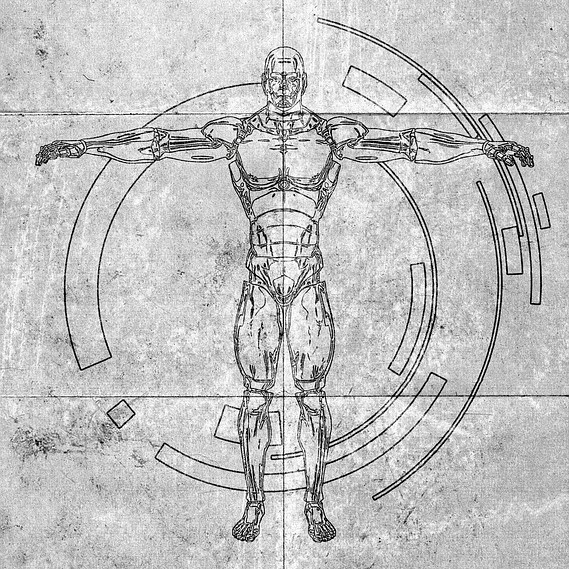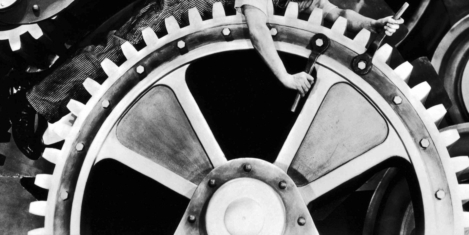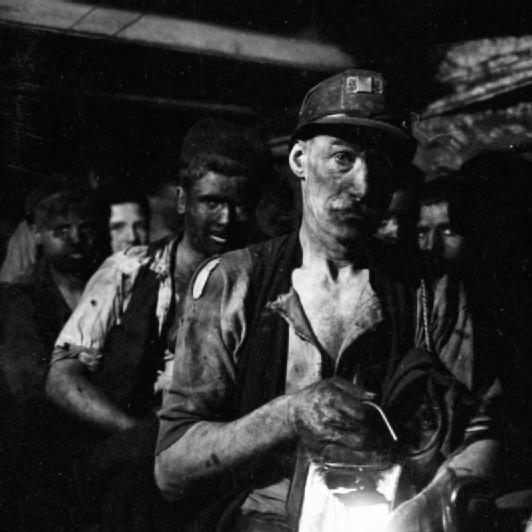February 17, 2026
The squeezed middle: supporting frontline managers in 2026
 I’ve spent hundreds of hours listening to thousands of people across organisations, and I’ve discovered something troubling: everyone is waiting for someone else to give them direction. It’s an organisational standoff. Senior leadership wants proactive teams. Frontline staff are desperate for clarity. And in the squeezed middle? Nothing but limbo. If we’re looking to grow, recover or sustain our organisations, the answer lies in frontline management skills. Your manager makes the biggest impact on how you feel about work and how secure you feel about your future. If you have to work for money, and most of us do, this relationship has enormous consequences for your wellbeing. (more…)
I’ve spent hundreds of hours listening to thousands of people across organisations, and I’ve discovered something troubling: everyone is waiting for someone else to give them direction. It’s an organisational standoff. Senior leadership wants proactive teams. Frontline staff are desperate for clarity. And in the squeezed middle? Nothing but limbo. If we’re looking to grow, recover or sustain our organisations, the answer lies in frontline management skills. Your manager makes the biggest impact on how you feel about work and how secure you feel about your future. If you have to work for money, and most of us do, this relationship has enormous consequences for your wellbeing. (more…)





































February 23, 2026
AI will either save work or destroy it. Apparently.
by Jo Sutherland • AI, Comment